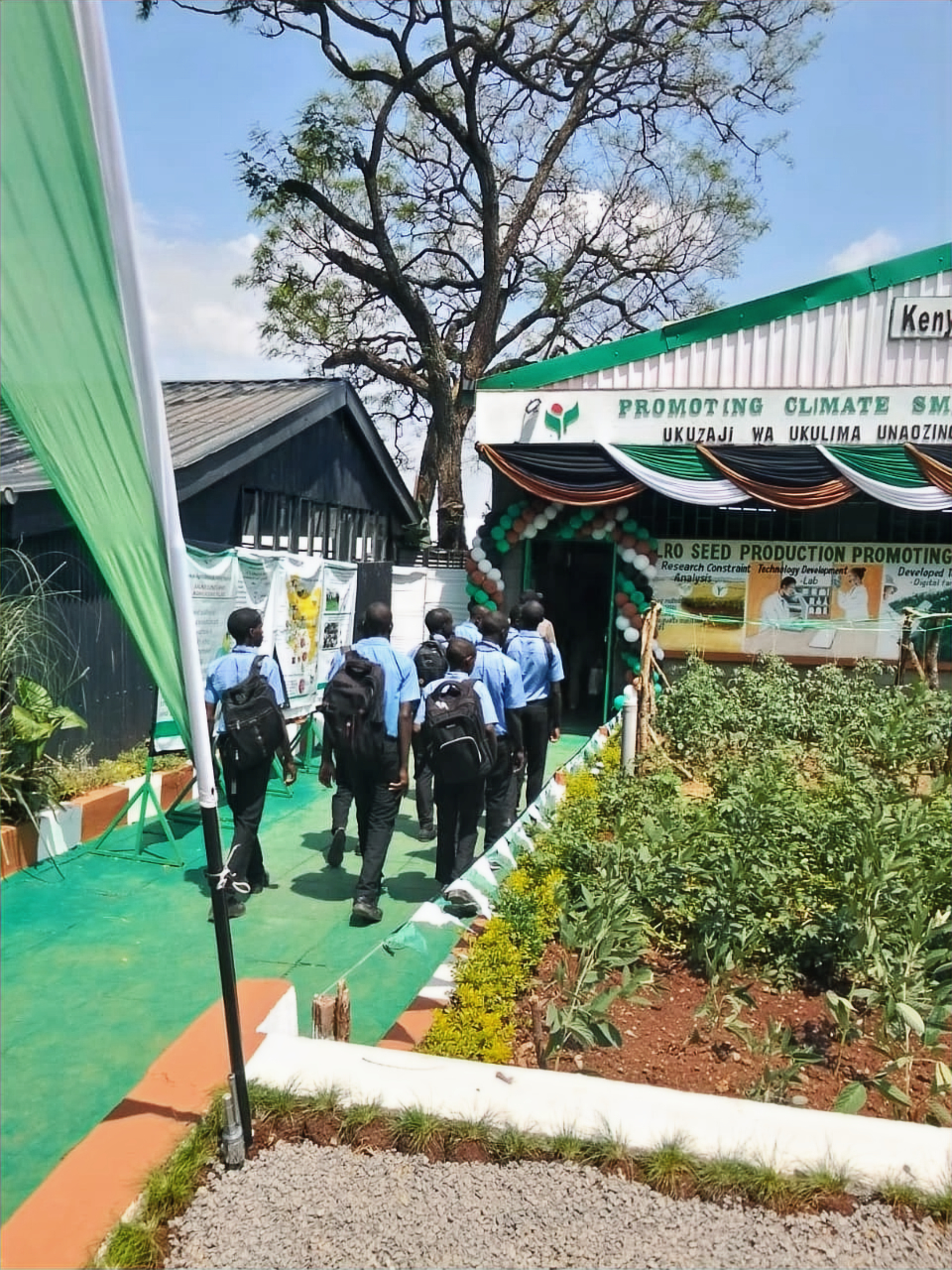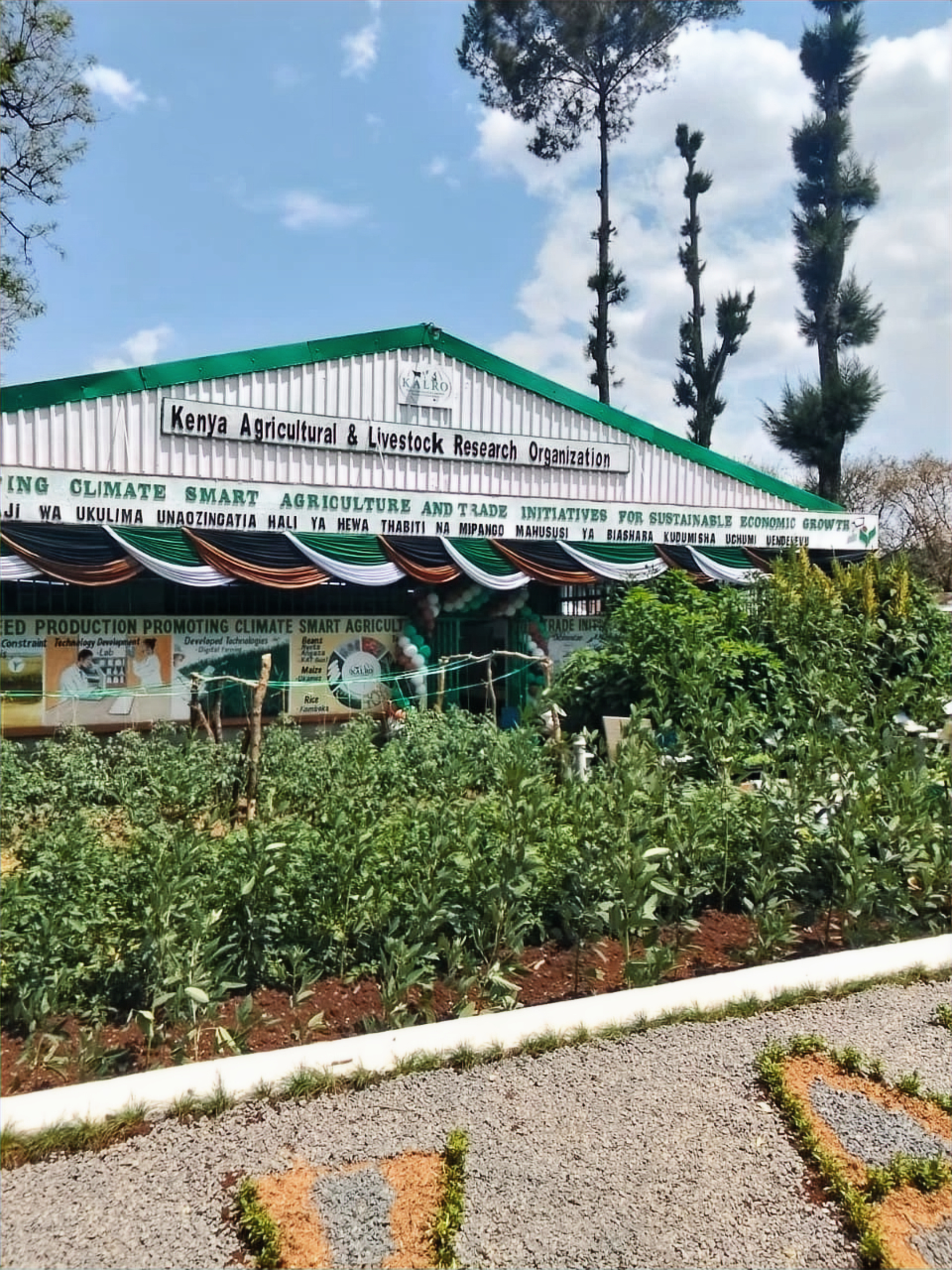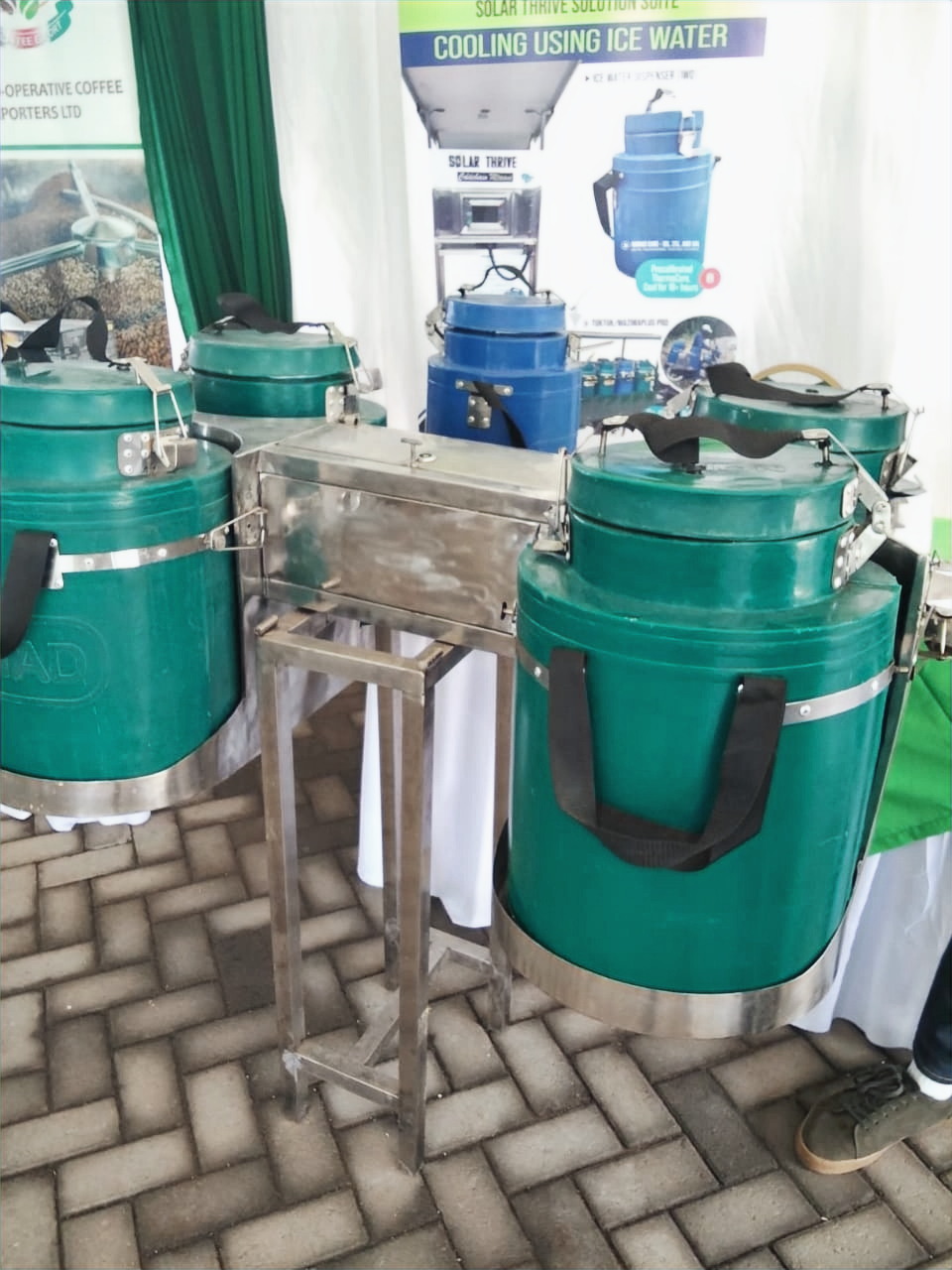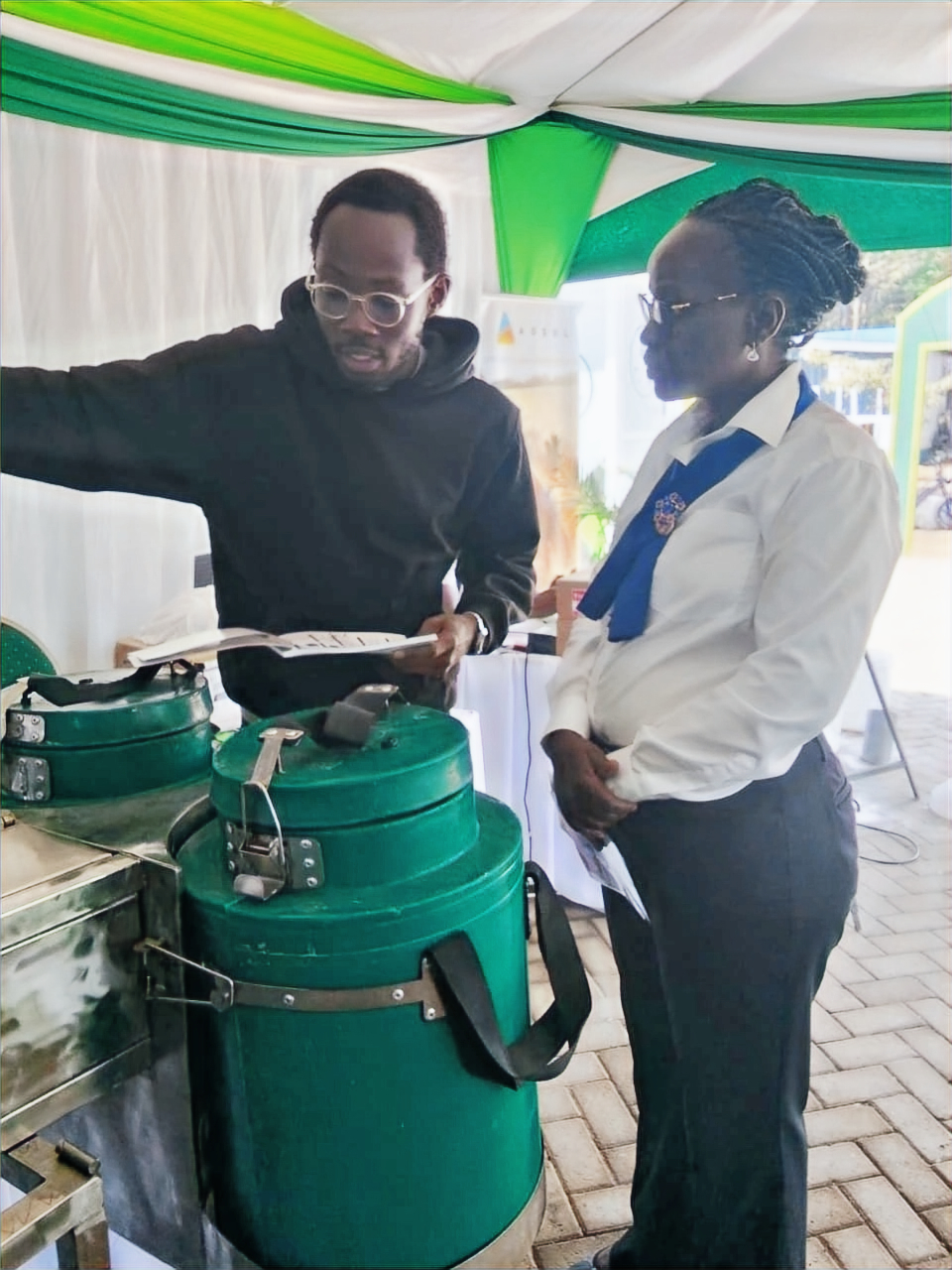- Oct 10, 2025
- 3 min read
Updated: Nov 6, 2025
By Moraa Nyangorora
A locally driven innovation is changing the farming landscape in arid and semi arid areas prone to soil degradation. The mobile app developed by Kenyan environmental technologists and community groups is helping farmers map degraded land, track seedlings survival and connect with restoration partners.
This comes against a backdrop of a Heinrich Boll Foundation report that indicates only 20 pc of Kenya's crop land is suitable for food production under the current soil health conditions.
Kenya loses 26 tons per hectare of soil per year through soil erosion according to the report .
"Soil is the foundation of life, yet it is one of the most overlooked and undervalued resources. Its health influences the food we eat,the water we drink and the air we breathe"
Joachim Paul-Director Henirich Boll Foundation
The regreening application like the Kijani app is a response to the growing problem of soil degradation, which is directly linked to shrinking arable land and food security.
Launched in Kenya in October 2025 small scale farmers are empowered on how to re-green their land.
Our vision is to make re-greening accessible to everyone. The Kijani App provides digital training and farmer to farmer learning, empowering farmers to take action".
Justdiggit Communication team
A Green Idea For Africa
This application is designed to offer information and digital courses on proven methods to improve yields, soil health and livelihood resilience.
It made its debut in Tanzania where it achieved over 20,000 downloads with active user percentages and curricula on re-greening techniques.
"The Kijani App is good, as I have learned how to make compost manure and prevent soil erosion on my farm. My ambition is to be a model farmer by re-greening ,conserving the environment and protecting natural vegetation."
Jeremiah Jackson-Farmer Singida Tanzania
This Application was among the several climate smart initiatives show cased at the recent Trade Fair held at Nairobi Jamhuri Showground early October 2025.
The Kenya roll out is leveraging the same tool set applied in Tanzania and is working with partners like PELUM Kenya to access agro ecology networks according to Justdiggit representatives at the Trade Fair.
School teams among those who visited the 2025 Nairobi International Trade Fair
Technology access and digital literacy is an emerging challenge in the use of such Applications especially in areas where smallholder farmers may lack smart phones, data connectivity or are not tech savvy.
Digital training may also not translate into action, implementing may require inputs, labor, local context like soil type, rainfall access to seedlings which may vary from region to region.
“Our members are eager to use digital tools like Kijani to expand climate-smart agriculture. It helps bridge generational gaps — younger farmers learn easily through mobile platforms, while older farmers benefit from community-based demonstrations.”— PHYLLIS NDIINU (Interview
Why It Matters
Over 80% of Kenya’s rural population depends on agriculture for income and food security. Yet, Kenyas estimated Land Degradation Index (LDI) suggests approximately 30-35 % land area is degraded as of 2025.
The re-greening Apps like the Kijani one, attempts to offer a low-cost, scalable solution — turning a farmer’s mobile phone into a classroom for soil health, climate resilience, and sustainable farming.
“It’s like having a farming coach in my pocket. The lessons are short, simple, and in Kiswahili — I learn even while feeding my goats.”
Farmer, Kiambu County (Interview, 2025)
_150x.png)

























